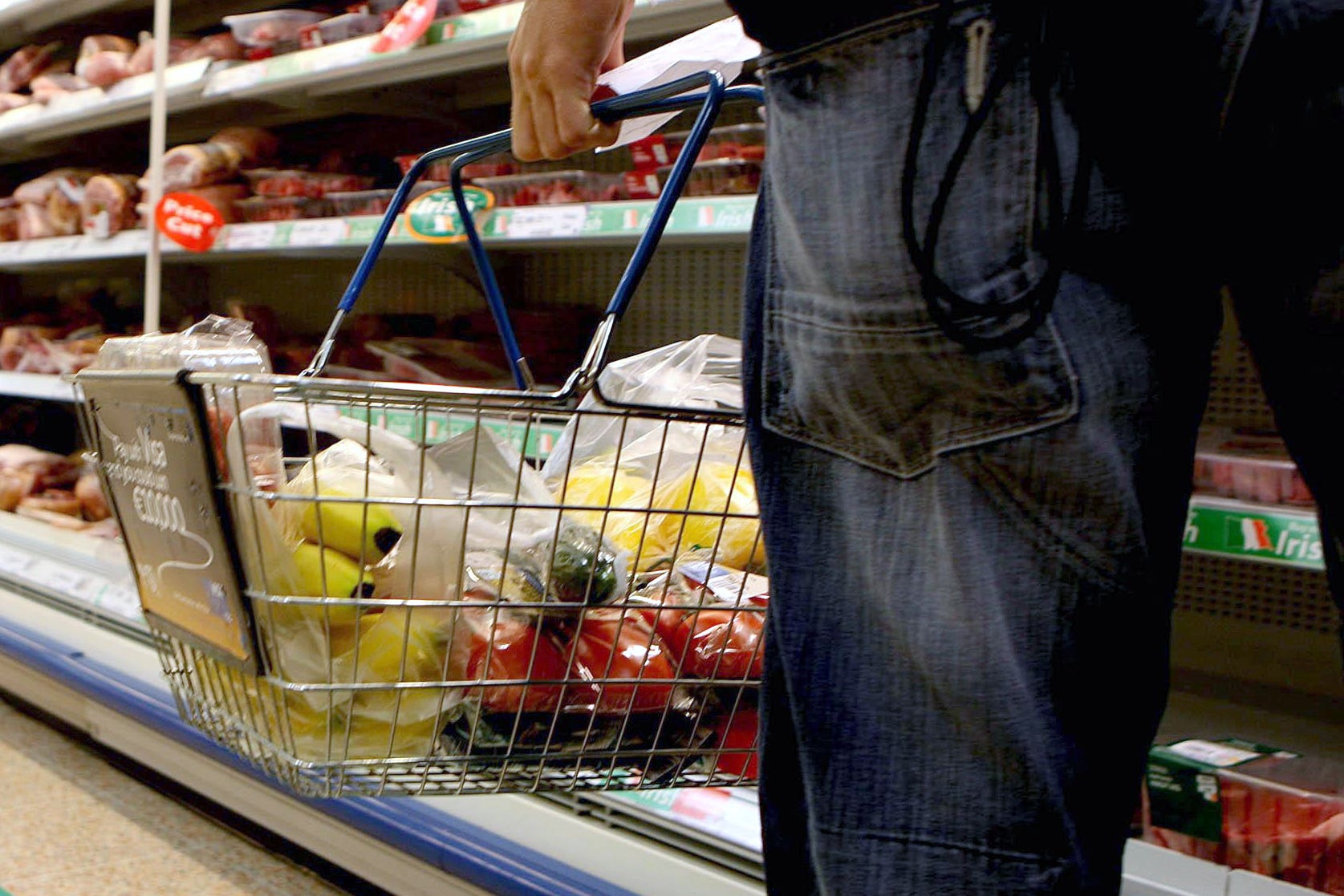Supermarket bosses reject calls for price caps and deny ‘grotesque profiteering’
Executives from four of Britain’s biggest grocers were quizzed over rising prices and whether they are using inflation as an excuse to boost their profits

Your support helps us to tell the story
From reproductive rights to climate change to Big Tech, The Independent is on the ground when the story is developing. Whether it's investigating the financials of Elon Musk's pro-Trump PAC or producing our latest documentary, 'The A Word', which shines a light on the American women fighting for reproductive rights, we know how important it is to parse out the facts from the messaging.
At such a critical moment in US history, we need reporters on the ground. Your donation allows us to keep sending journalists to speak to both sides of the story.
The Independent is trusted by Americans across the entire political spectrum. And unlike many other quality news outlets, we choose not to lock Americans out of our reporting and analysis with paywalls. We believe quality journalism should be available to everyone, paid for by those who can afford it.
Your support makes all the difference.Supermarket bosses have rejected calls for price caps on products and denied claims of “grotesque profiteering” during a grilling by MPs.
Executives from four of Britain’s biggest grocers were quizzed over rising prices and whether they are using inflation as an excuse to boost their profits.
They were also asked about the potential for price caps on some foods to help protect shoppers from spiralling costs.
But bosses from Tesco, Sainsbury’s, Asda and Morrisons mounted a staunch defence of the sector, insisting it remains “fiercely competitive”.
The representatives said they had not passed on all the costs of supply chain inflation to their customers, absorbing some of the shock in a hit to their own profits.
It comes as supermarkets are under increasing pressure to hand down savings on wholesale items to consumers, who have faced punishing food-price inflation in recent months.
Tesco commercial director Gordon Gafa was asked about a suggestion made by the general secretary of the Unite union, Sharon Graham, that supermarkets are guilty of a “grotesque display of profiteering” – a claim he rejected.
And he claimed that Tesco, the UK’s largest grocer, is the “most competitive we have ever been”.
Mr Gafa told the business and trade committee: “Profits year on year for the group are down. We have sold more year on year and we have made less.”
Sainsbury’s food commercial director Rhian Bartlett said the supermarket has spent £560m to lower prices for customers. “In the most recent year we made lower profits, at £690m – input costs are not being fully passed through to our shelf prices,” she said.
Questioned on speculation about a price cap for certain food products, Ms Bartlett said: “This is fiercely competitive as a market.
“We’re generally considered one of the most competitive food markets in the world. I’m not sure what price caps would add to that process, other than bureaucracy.
“Where we’ve seen them applied in France and so on, it can have unintended consequences – of selling out and other prices moving up and down ... So I think this market self-regulates to a positive extent.”
On Wednesday, Jeremy Hunt will pile pressure on regulators to investigate whether firms are exploiting rampant inflation to bolster their profits.
The competition watchdog is already investigating the grocery sector amid “ongoing concerns about high prices” and is looking at whether increases are linked to “any failure in competition”.
Data from the BRC-NielsenIQ Shop Price Index suggests that retailers are beginning to pass on lower wholesale costs, with food inflation easing for a second month running as supermarkets cut the price of household staples.
The rate of food inflation decelerated to 14.6 per cent in June, a relatively significant drop from May’s 15.4 per cent and below the three-month average of 15.2 per cent. But costs remain high overall.
Fresh-food inflation saw a significant slowing from May’s 17.2 per cent to 15.7 per cent as shops dropped the prices of basics including milk, cheese and eggs.
The grocers were also challenged over petrol prices, with the suggestion that consumers did not feel the benefit of Rishi Sunak’s 5p fuel-duty cut last March when he was chancellor.
Morrisons boss David Potts said the supermarket passed on the cut “on the same day”, but said that customers may not have benefited because of “the volatility within the market”.
Tesco, Sainsbury’s and Asda all suggested that they would back a Northern Ireland-style system to allow customers to check fuel prices at every petrol station online.
Mr Potts said he would be happy to look at “anything that can benefit consumers”.






Join our commenting forum
Join thought-provoking conversations, follow other Independent readers and see their replies
Comments